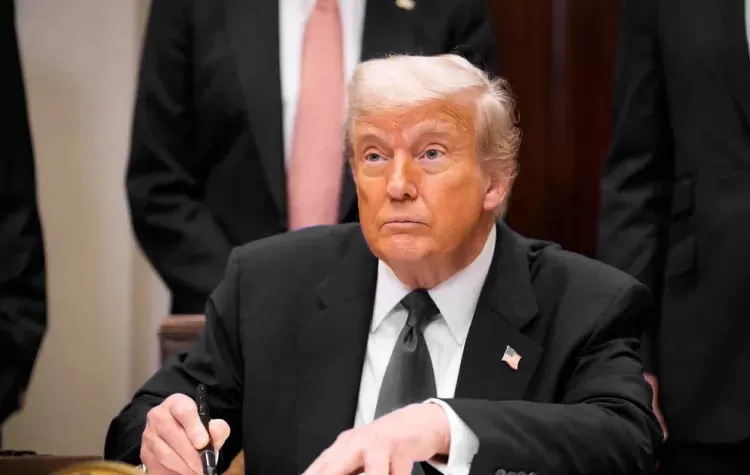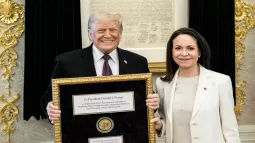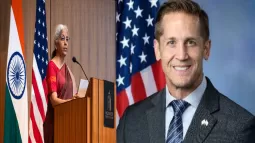
Executive Order Aims to Lower Drug Prices
American President Donald Trump signed an executive order to reduce the cost of prescription drugs. The order forces pharma companies to reduce prices in America by as much as 59%. The goal is to match domestic prices with lower prices in other countries. Trump revealed that the "Most Favored Nation" rule will guide this policy. The move will bring down prices by 30% to 80%.
Policy Applies Only to Medicare Part-B Drugs
This regulation applies to drugs bought under the Medicare Part-B program. In 2021 alone, the U.S. Department of Health spent $33 billion on such drugs. Not all drugs are covered by this clause—only Medicare Part-B drugs fall under this regulation.
Effect on 70 Million Senior Citizens
Around 70 million elderly Americans have health insurance under Medicare. Most have been fighting the high price of medication. The new policy aims to reduce those costs. However, drug corporations will most probably oppose the reforms.
Earlier Attempts Were Undermined by Judicial Action
Trump tried the same in his final term, but the executive orders were stopped by the courts. This time, the administration is trying again with the new policy.
International Price Comparison Sparks Concerns
A couple of critics question why American drug prices have to be tied to global pricing. They think it is risky to let other countries dictate prices. American pharmaceutical firms say that price cuts will erode their profit margins. This, they argue, will slow research expenditures and reduce the development of new drugs.
Trump's Response to Industry Grievances
Trump called on drug companies to agree on price reductions within 30 days and to take effect within 6 months. Trump condemned the industry view, asking if Americans have to keep subsidizing pharmaceutical research with outrageous pricing. He signaled that practice would no longer be accepted.
Potential Global Implications on Drug Prices
Ajay Srivastava of the Global Trade Research Initiative warned that Trump's policy will increase other countries' drug prices. As American prices decline, pharma companies will increase prices elsewhere in the world to make up for lost revenue. Countries like India may see prices go up unless strong domestic policies are put in place.
India's Response to Patent and Drug Access Policies
India adheres to WTO and TRIPS standards but avoids making TRIPS-plus commitments. India is against activities like data exclusivity, trivial patent adjustments, and patent extension. This has helped India boost its generic medicine industry and produce affordable medicines for life-threatening ailments like HIV and cancer.
Expert Opinion on Global Price Shifts
Saurabh Agarwal, a tax partner at Ernst & Young, believes that Trump's proposal will reduce the cost of drugs in America but could increase it elsewhere. He stressed the requirement for balanced policy moves to handle this alteration.













